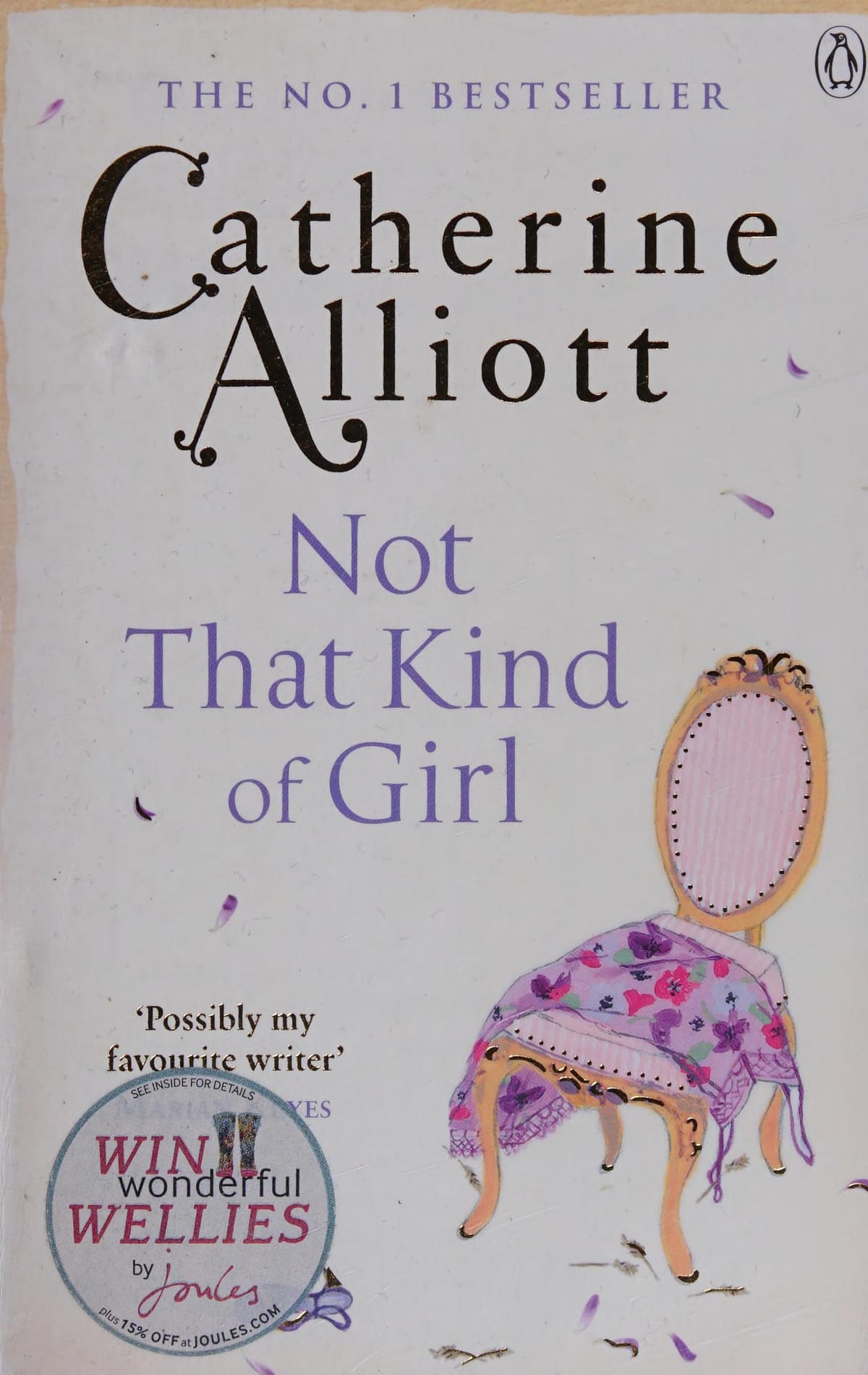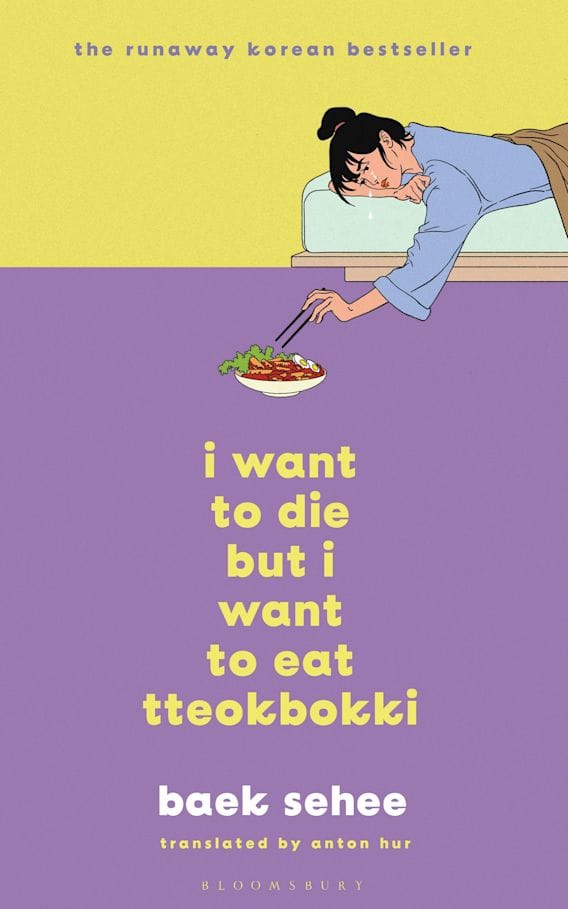Exploring “Not That Kind of Girl”: Lena Dunham’s Candid Manifesto for Modern Women
A fresh look at Lena Dunham’s memoir “Not That Kind of Girl,” exploring its themes, cultural impact, and ongoing relevance to modern feminist conversations.

Introduction: A Voice That Split the Room
When Lena Dunham released “Not That Kind of Girl: A Young Woman Tells You What She’s ‘Learned’” in 2014, the cultural conversation around millennial feminism, body positivity, and confessional storytelling shifted almost overnight. Opinions were polarized, but no one could deny that Dunham’s punchy prose and unfiltered anecdotes commanded attention. Nearly a decade later, her memoir-essay hybrid is still a reference point whenever discussions about female autonomy, oversharing, and twenty-something angst arise. This article revisits the book’s key ideas, its influence, and why it remains relevant to new readers navigating adulthood in the social-media era.
What Is “Not That Kind of Girl” About?
Structured as a series of personal essays, lists, and vignettes, Dunham’s debut centers on the messy space between adolescence and grown-up life. She dissects childhood obsessions, college misadventures, awkward romantic entanglements, and her professional ascent as the creator of HBO’s “Girls.” By refusing to sanitize her darkest moments—whether an eating disorder relapse or an ill-advised hookup—Dunham offers a raw portrait of the anxieties many young women conceal. Yet the book is more than a personal diary; it is also a commentary on privilege, creative ambition, and the contradictions that shape modern womanhood.
Key Themes Readers Still Relate To
Radical Honesty
Dunham’s writing style hinges on revealing what polite society typically keeps hidden. From detailing her gynecological exams to admitting intense jealousy toward artistic peers, her transparency recasts vulnerability as a form of strength. Readers who feel pressure to present curated perfection on Instagram can find solace—and a reality check—in her disclosures.
Body Image and Self-Acceptance
The author’s lifelong struggle with body acceptance threads through almost every section. She recounts calorie-counting in middle school, questioning whether she deserved intimacy, and ultimately embracing a body that rarely matches Hollywood’s narrow ideals. Her willingness to name insecurities has sparked countless conversations about size inclusivity and representation on-screen.
Sexual Agency and Consent
Long before #MeToo entered mainstream discourse, Dunham parsed complicated experiences around consent, emotional coercion, and female desire. By acknowledging how murky these encounters can feel, she gave readers language to interrogate their own stories, pushing the feminist conversation forward.
Mental Health Transparency
Openly discussing OCD, therapy, and medication, the book normalizes mental health struggles for young adults. Dunham’s emphasis on seeking professional help instead of romanticizing instability was groundbreaking for a generation that grew up hearing “just tough it out.”
The Cultural Impact: Beyond the Bestseller List
“Not That Kind of Girl” debuted at number one on the New York Times Bestseller list, but its influence goes beyond sales figures. The memoir accelerated the popularity of the first-person essay boom online, inspiring emerging writers to mine their own lives for material. It also catapulted Dunham into the role of outspoken feminist lightning rod, a position that shaped debates on reproductive rights, wage gaps, and gender parity in Hollywood. Additionally, the book’s success signaled to publishers that millennial voices—especially unapologetically female ones—could drive big commercial returns, paving the way for titles by Phoebe Robinson, Samantha Irby, and Carmen Maria Machado.
Criticisms and Controversies
Of course, the memoir is not without faults. Critics argued Dunham’s privilege—white, educated, connected—skewed her worldview, making her “everywoman” claims ring hollow for marginalized readers. Others took issue with certain childhood recollections they felt crossed moral lines. These controversies, amplified by social media, highlight the tricky terrain female creators navigate: a constant push to bare all yet remain flawlessly ethical. While it is valid to interrogate blind spots, it is equally important to recognize that memoirs reflect one perspective, not a universal truth.
Why It Still Matters in 2023 and Beyond
The pressures facing young women—imposter syndrome, dating in a swipe culture, achieving work-life balance—have only intensified. Dunham’s essays offer a roadmap for embracing imperfection and crafting a life that resists cookie-cutter expectations. Moreover, the memoir models how to own past mistakes publicly, a crucial skill in an era when “cancel culture” can freeze personal growth. By reading “Not That Kind of Girl” today, newcomers gain historical context for current feminist movements and learn that self-definition is an ongoing process.
Tips for Readers Approaching the Book Today
Check your expectations: This is not a how-to manual but an invitation into one mind. Accept its subjectivity to avoid disappointment.
Read critically, not cynically: Engage with passages that challenge you instead of dismissing them outright. Growth often hides in discomfort.
Pair it with complementary voices: Balance Dunham’s viewpoint by reading authors of color, queer writers, and thinkers outside the American context. Doing so widens the lens on millennial womanhood.
Start a discussion group: The memoir’s episodic structure makes it perfect for book clubs. Use each essay as a springboard to examine your own experiences.
Conclusion: A Flawed Yet Formative Text
“Not That Kind of Girl” is messy, provocative, and, at times, infuriating—qualities that mirror the complexity of growing up female in the twenty-first century. Whether you finish the memoir cheering Dunham’s candor or critiquing her blind spots, you will likely walk away examining your own narratives with fresh eyes. That lingering self-inquiry is the book’s greatest legacy. In amplifying one unapologetically female voice, Dunham opened the door for countless others, ensuring that imperfect stories continue to challenge, comfort, and ultimately connect us.



